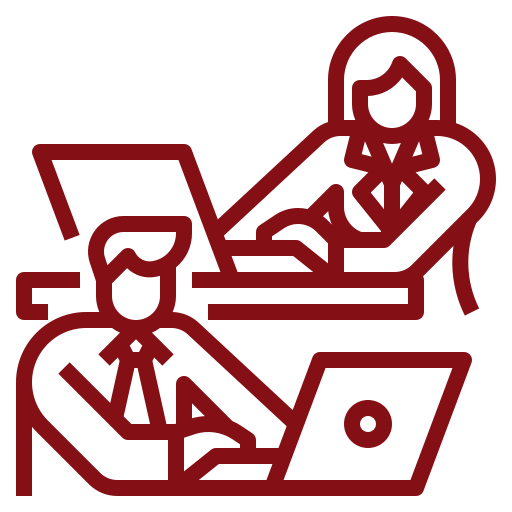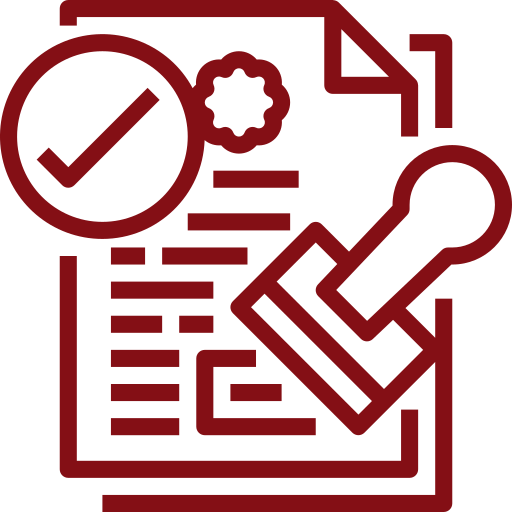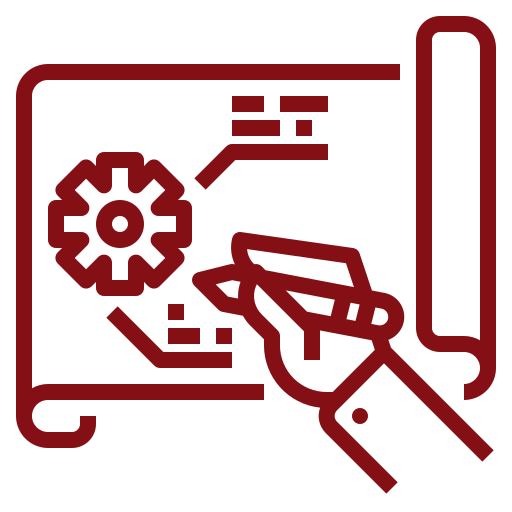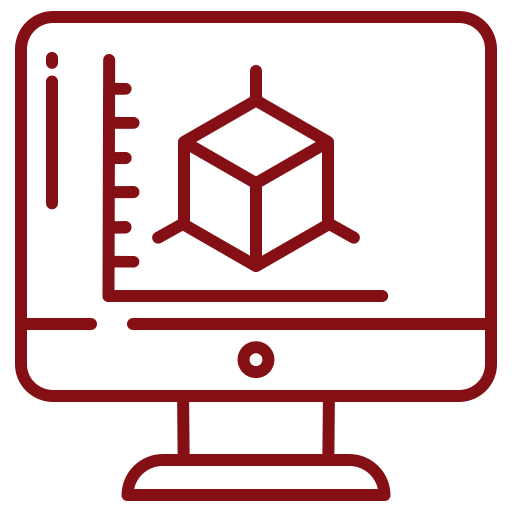Solutions for Streamlining ICT and Business Processes.
ICT Policy Formulation or Review
Prior to the turn of the current millennium (2000), many enterprises, governmental and non-profit organizations used to execute some or most of their information systems manually using paper-based processes of record-keeping and data management systems. It is worth noting that an Information System can either be executed manually or electronically, using computers or computerized systems or platforms.
Computer-based systems are sometimes referred to as digital platforms. Digital platforms consist of hand-held electronic tools, personal computers, network elements like Wi-Fi routers and switches, network channels and other network devices, compute servers, storage systems and the various software components that are hosted or executed on those preceding digital platform components. Personal computers range from palm-top devices like smartphones, phablets and tablets, to notebook, laptop and desktop computers. Beyond personal computers are the enterprise grade computers (compute servers and storage systems), which are built to be housed in data centers in order to serve multiple users. Personal computers are computers that are designed to be used by a single user at a time, while computer servers, the storage systems used by servers, and the networks that interconnect them are designed to be used by multiple users concurrently.
The period from year 2001 to date has progressively witnessed a tremendous growth in the development and adoption of digital platforms for executing business processes across all sectors (the private sector and the public sector, which comprises of the non-profit organizations sub-sector and government entities sub-sector). The widespread adaption of computer-based tools and systems in organizations has today reached the point where governance frameworks for the acquisition, usage, management and disposal of electronic assets is required by all entities that use computer-based platforms to run their business operations. These governance frameworks are in the form of ICT Policies, which ought to be exhaustive enough to cover every aspect of the digital platforms used by individual organizations in the execution of their entire value chains. Industry regulator requirements and the prevailing vital aspects like data privacy and security standards also need to be addressed by these policies.
At Cutting Edge Technologies Limited, we assist organizations to formulate ICT Policies that are tailored to their individual needs. The policies enable our customer to gain full control in the operation, security, compliance and service levels for their ICT platforms. Contact us to either develop or review your ICT Policies. Please note that ICT Policies require regular reviews in order to incorporate the dynamic nature of enterprises’ internal and external environments. Consequently, it is possible for an organization to be operating its ICT resources using outdated internal ICT Policies.












